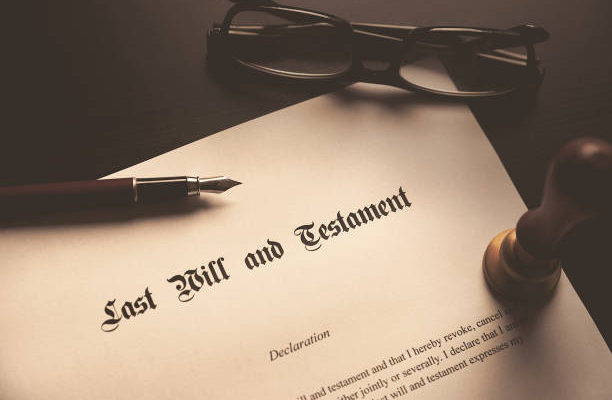The unexpected onset of the COVID-19 pandemic has spurred many people to prepare advance health care directives, wills, and powers of attorney. Like many other aspects of life, estate planning has adapted to accommodate the “new normal” arising from social distancing, lockdowns, and quarantine.
Although many circumstances remain uncontrollable because of the pandemic, your estate plan does not need to be one of them.
The easiest way to get the process rolling is by contacting an attorney who can conduct an intake interview over the phone or email you a questionnaire to assess your estate planning needs. You can complete the intake form digitally or print out the form and complete it by hand. Once you’ve returned the form, your attorney will prepare drafts of your requested documents and email the documents to you for review and comment.
Once you have approved the document, you can print it out and execute it on your own with two witnesses and a notary (social distancing with masks, of course). Alternatively, you can make an appointment at the law office, and such document can be executed in a responsible, sanitary, and socially distanced environment with masks, where two witnesses and a notary can be provided for the document execution.
An example of a COVID-safe Will execution occurred when an elderly woman who was confined to her home executed her Last Will and Testament while sitting inside her home in front of a window. Meanwhile, two witnesses and a notary sat on her porch, each six-feet apart, to view the document signing. After the woman signed her Will, the witnesses each signed the document on a porch table, and the notary did his or her part. Once completed, the woman digitally scanned and sent a copy of the executed Will to her attorney.
E-estate planning is another COVID-safe option. Depending on the jurisdiction, certain documents may be executed online through video-calling platforms. Remote document execution would likely require a signer to undergo questioning from a notary to ensure the execution is valid and proper.
E-estate planning and remote document execution offer flexibility during the pandemic and may be a worthwhile option for many clients. However, signing documents in person is still strongly recommended whenever possible, especially if a party may be vulnerable or have diminished capacity. Regardless of whether you opt for socially distant document execution or E-estate planning, you have options to ensure your estate plan is under your control.

